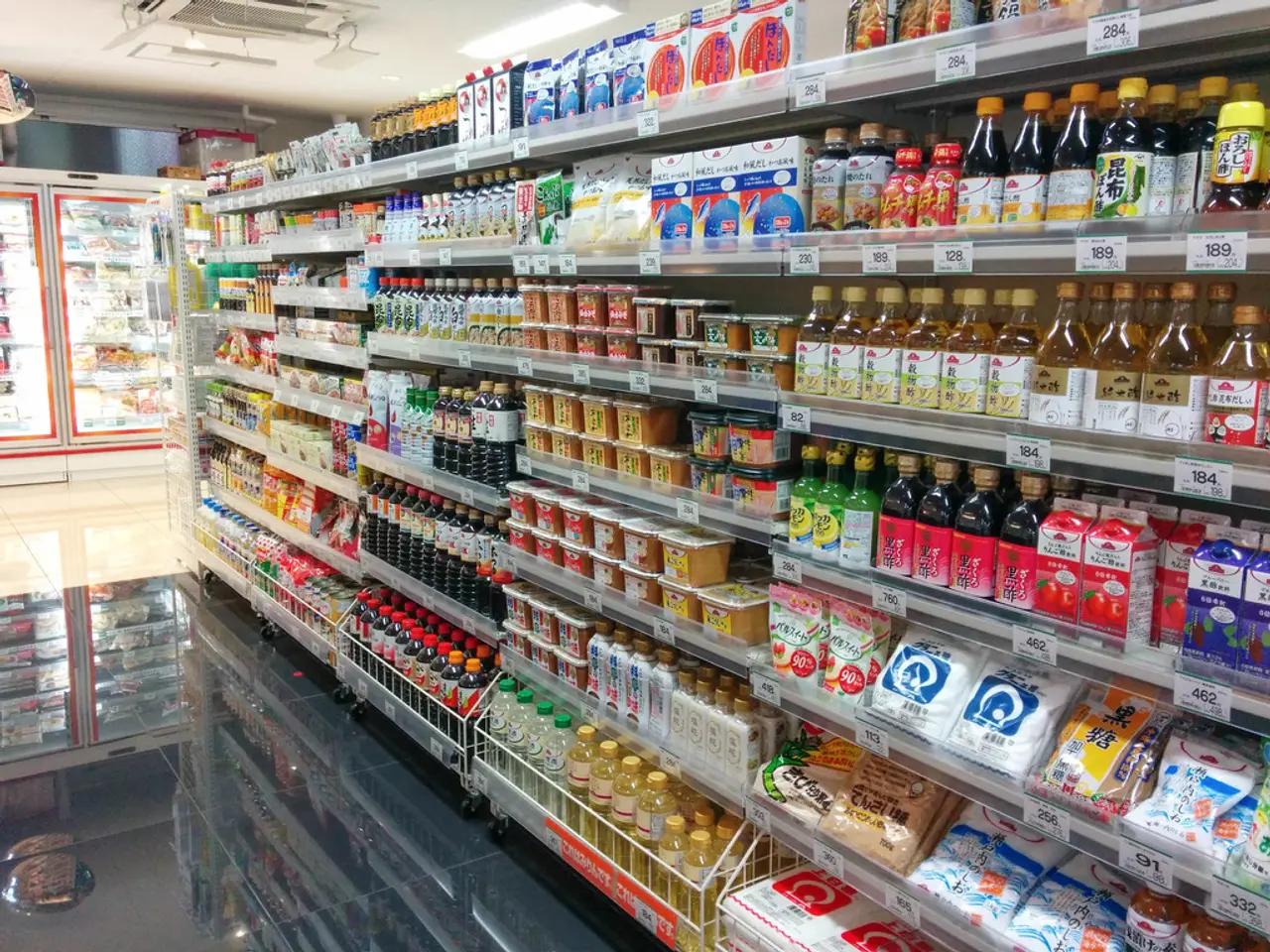Majority of Respondents in Survey
Germans Show Support for Extended Sunday Shopping Hours
A recent survey conducted by YouGov between July 23 and July 25, 2006, reveals a growing desire among Germans for more Sunday shopping hours, particularly for essential goods such as food and clothing. The survey, representative of the German population, found that 34% of respondents find it good for shops to open more often on Sundays.
The trend is driven by changing consumer habits and schedules, as many Germans find the current restrictions on Sunday shopping limiting. Extending Sunday hours or using digital minimarkets would provide greater flexibility, catering to those who work long or irregular hours.
Convenience and flexibility are key factors driving this desire. More than two-thirds of supporters of Sunday shopping cite flexibility and spontaneity as reasons. Emerging technology-driven concepts like digital minimarkets, which can operate with minimal staff and comply with regulations, attract attention because they can cater to spontaneous consumer needs on Sundays.
Retailers and economic analysts argue that longer Sunday opening times could boost sales and create jobs, which is appealing in the current competitive retail environment. More than a third (35 percent) believe that more Sunday shopping would help the retail trade economically. However, more than half of all respondents (54 percent) believe that more Sunday shopping would not help the retail trade economically.
The large majority (59 percent) sees no difference in spending on Sundays compared to weekdays. Electronics and technology are on the shopping list for 33 percent of supporters, while drugstore items are on the list for 43 percent. Interestingly, at least a quarter of supporters assume they would spend more money on Sundays than on weekdays.
However, not everyone is in favour of extended Sunday shopping hours. Seventy percent of opponents argue that the Sunday should remain a day of rest, while 75% argue that there are enough shopping opportunities on other days. Churches and trade unions have also criticized Sunday openings, including digital minimarkets.
The survey did not specify the reasons for the remaining undecided or non-responders. Prof. Stephan Rüschen of the Baden-Württemberg Cooperative State University (DHBW) in Heilbronn considers automated minimarkets a good compromise for maintaining the Sunday rest while improving local supply.
The survey, commissioned by the German Press Agency, also found that 12% of supporters would prefer to shop in automated minimarkets without staff on Sundays. Clothing and shoes are on the shopping list for 59 percent of supporters. Only 4 percent would spend less on Sundays.
The push for more Sunday shopping aligns with global retail trends emphasizing convenience and digital transformation. While Germany has traditionally maintained stricter Sunday trading laws compared to some other European countries, public opinion is increasingly shifting towards more liberalized Sunday shopping, especially in urban areas and for essential goods. However, comprehensive national polls specifically on this topic are limited in available sources.
- The growing support for extended Sunday shopping hours in Germany suggests a potential shift in business practices, with technology-driven concepts like digital minimarkets gaining traction as they cater to the need for convenience and spontaneity in today's fast-paced finance and retail environment.
- A significant number of supporters (33%) of the extended shopping hours are interested in purchasing electronics and technology on Sundays, indicating a connection between technology and the business sector in shaping consumer behavior.




